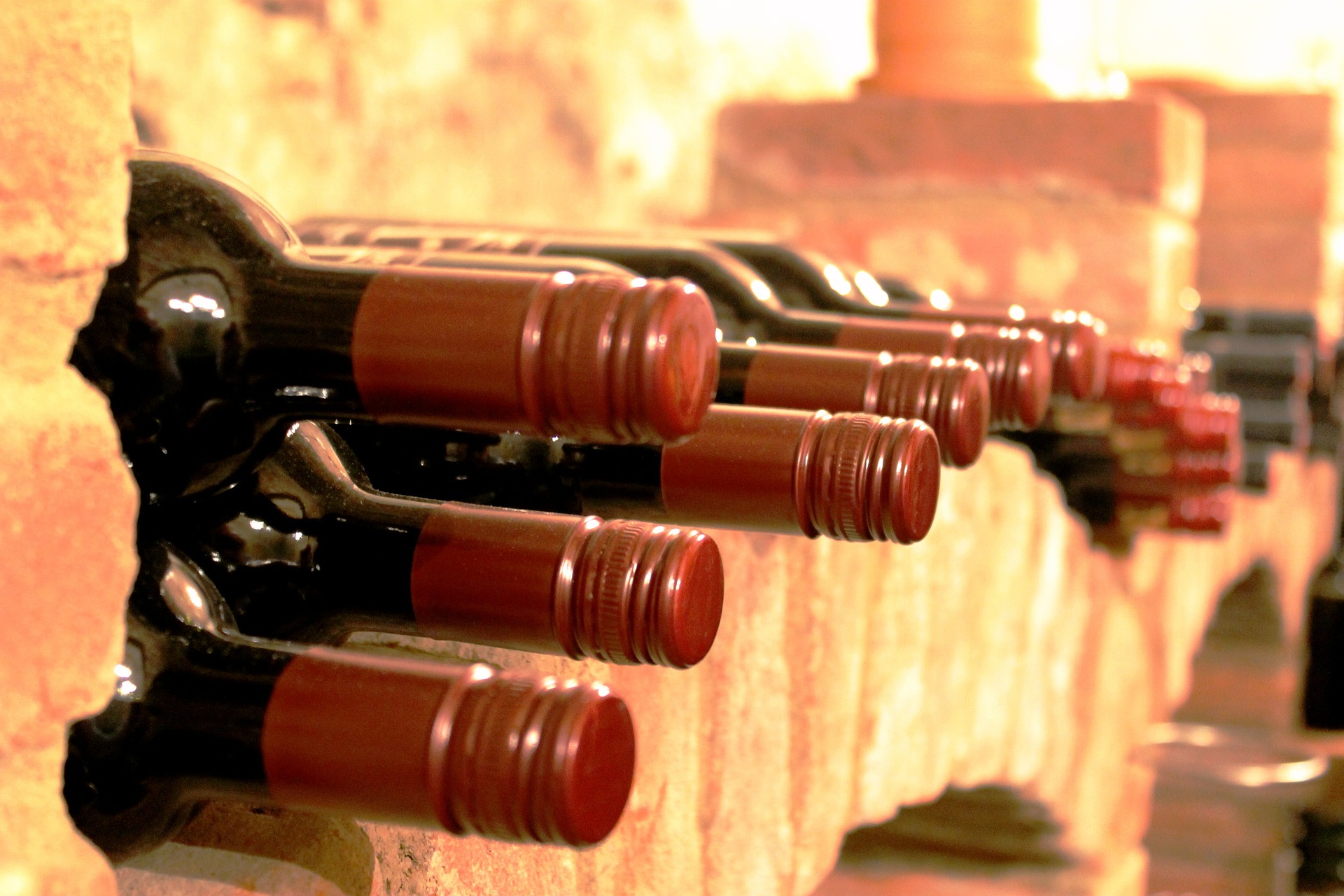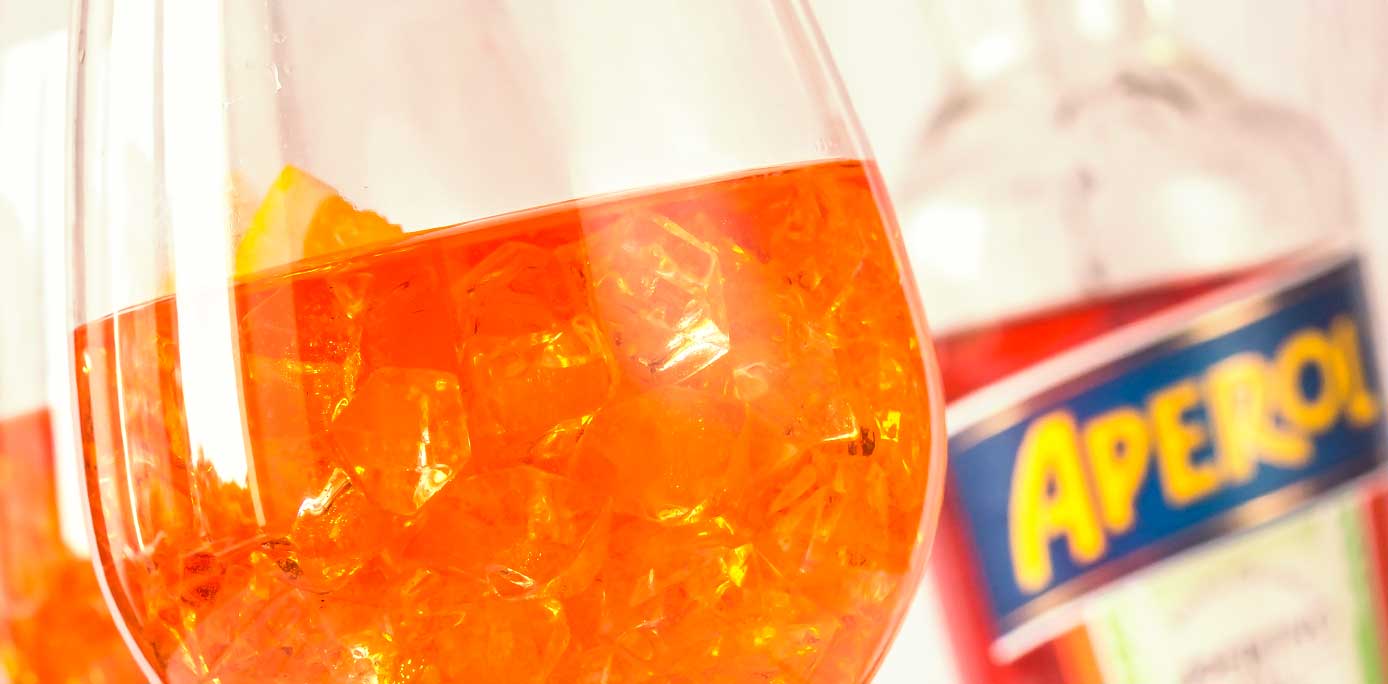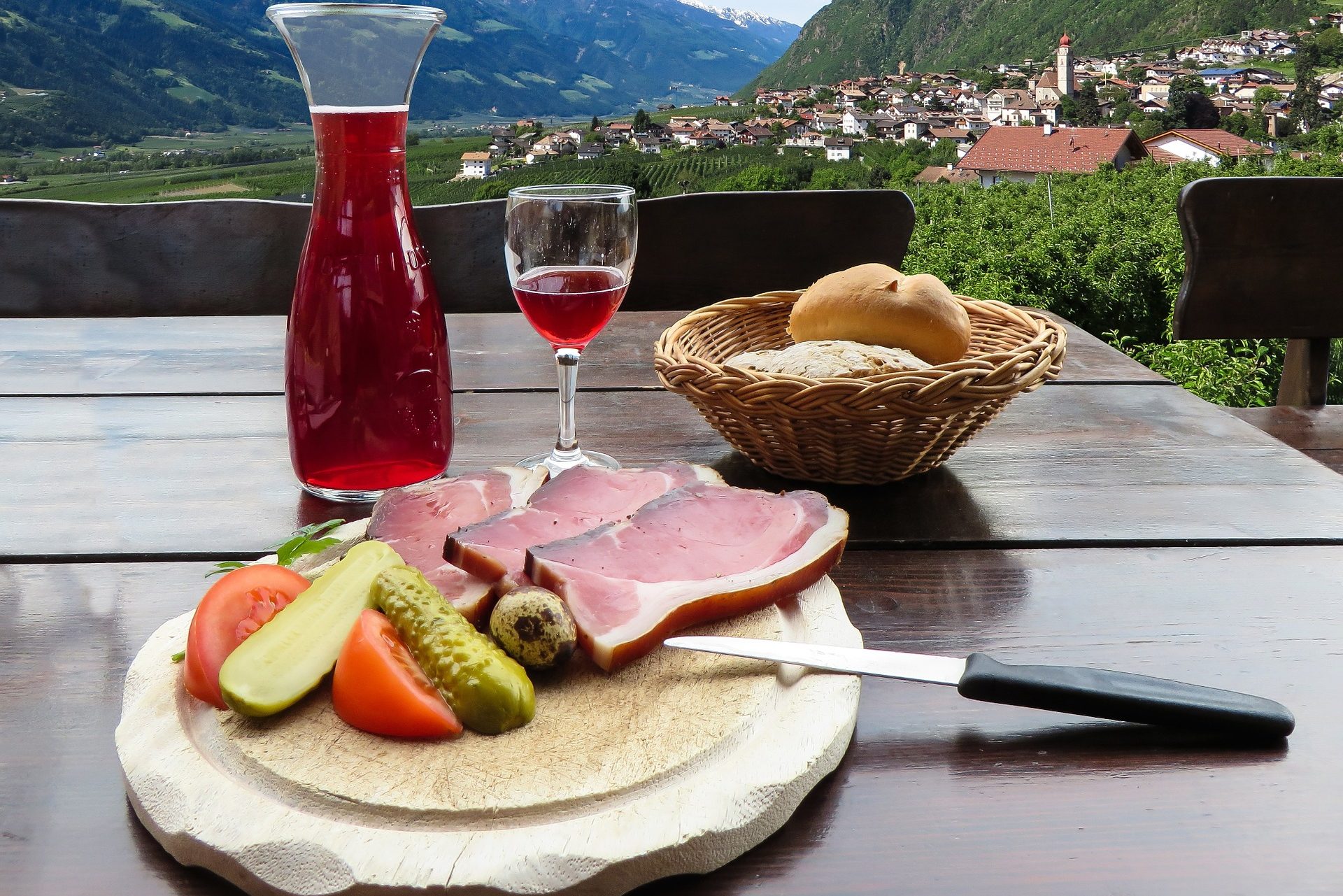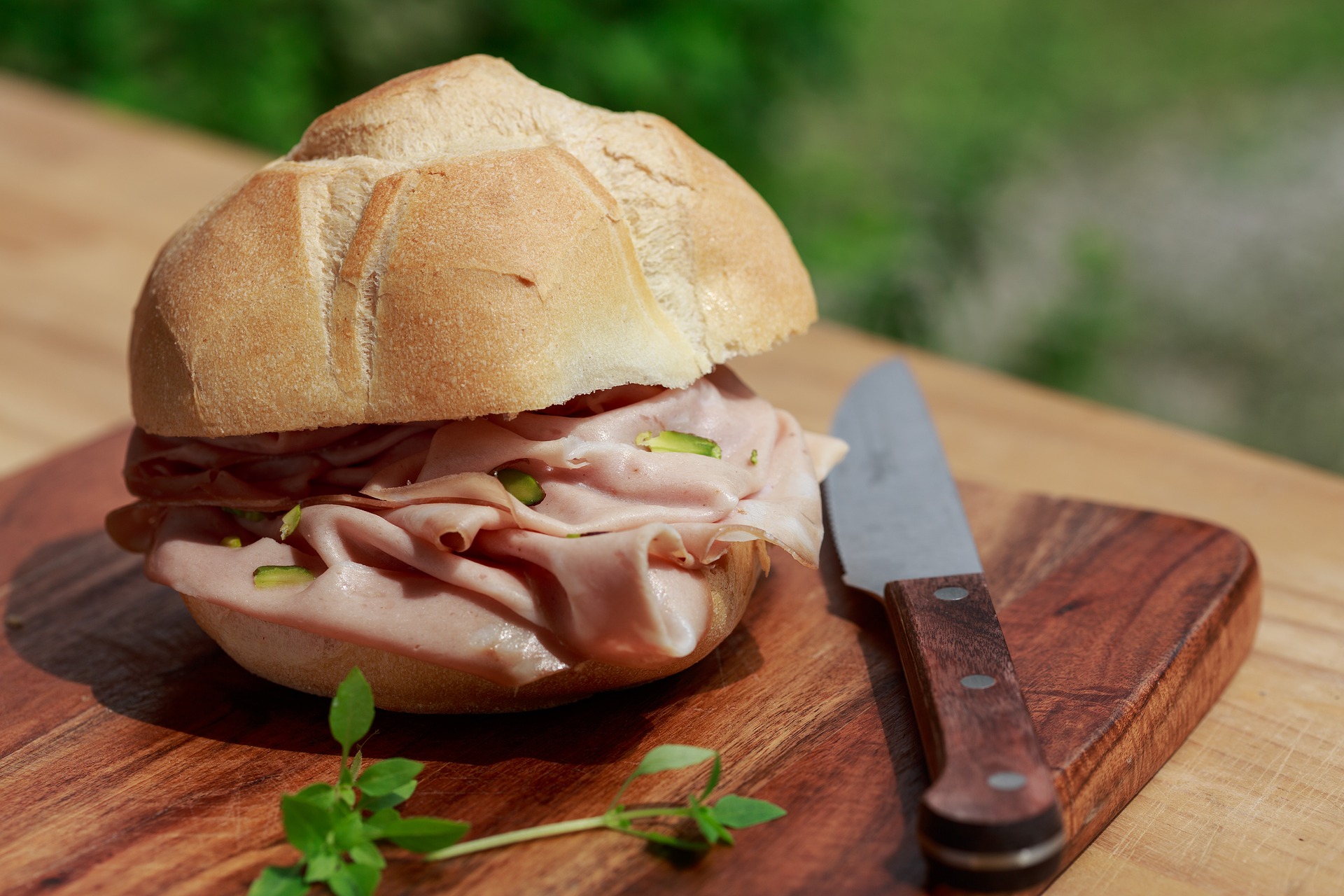Winemaker Nicola Cantoni has a handshake you remember. His grip communicates his sturdy frame, giving one the sense that he is rooted to the ground like his grape vines at Fattoria Fibbiano.
One quickly understands Cantoni as a winemaker committed to what is important in the Tuscan winemaking tradition. Yet, listening to him talk about wine, one knows, too, that he is a thinking man’s winemaker, unwilling to do what was done last year …well… just because it was done last year.
That is to say, Cantoni is no slave to mindless repetition. Where tradition would seek to become more important than the wine, Cantoni, I suspect, will not follow, but rather bring his own ideas to bear.
I am happy to bring you an opportunity to meet Nicola Cantoni as he shares his thoughts about wine in this winemaker spotlight:
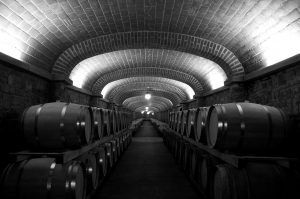
Nicola, can you help readers to understand where Fattoria Fibbiano is located?
Of course, Fattoria Fibbiano is located in Terricciola, in the heart of Tuscany between Pisa and Volterra.
How did you get started in winemaking?
I started as a kid to love wine thanks to my grandpa Pietro who was a passionist of Valtellina and Oltrepo Pavese wine regions; he always let me taste a little drop of those wines and I simply loved them. So when my family decided to move to Tuscany to start a winery and Agriturismo I just knew that that was my place. I then studied everything about winemaking and vintage after vintage I developed my own style.
Fibbiano wines have an incredible sense of freshness, how do you achieve it so consistently?
Freshness is one of the most important characteristics of my wines. I think that it makes the wine more easy-drinking and long lasting. Freshness is something we can obtain from the vineyard: thanks to a natural and specific land working together with anticipated harvests I can get this result.
Your Ceppatella is setting a new benchmark for sangiovese wines. Can you talk about the Ceppatella vineyard? Is fermentation carried out with natural or selected yeasts?
Ceppatella is our oldest vineyard, 120 years old. From these grapes we get complexity in the wines as well as sweet tannins and a strong sapidity thanks to the deep roots. The fermentation for all our wines is done with natural yeasts. Wine is the result of the natural fermentation of the grapes and not artificial.
Fibbiano wines seem to carry a signature of sweet tannins. Would you agree?
I totally agree, I like the sweet tannins, they are necessary for a wine but they need to be soft to make a wine more pleasant to drink. They come from the age of the vines as well as from the perfect maturation of the grapes.
Your Fonte delle Donne is Fibbiano’s only white wine. What was your inspiration for making it?
The characteristics I look for in a white wine are minerality and acidity together with a long persistency. These are actually the characteristics of Chablis, which is my favorite white wine. When I realized that our soil is so rich in minerals because of the limestone I immediately started to experiment on Vermentino and Colombana grapes to try to get the same characteristics.
Can you explain to readers your decision to use cement in raising wines and its influence on what’s in the glass?
First of all, there is tradition. When we bought Fibbiano, the concrete vats were already there. Secondly, after raising the wines in oak, the cement tank proves to be one of the best containers to stock the wine before bottling. This is because through it we can get a micro oxygenation that the stainless steel vats won’t allow. Therefore in the glass we can experience a softer and more pleasant wine.
I find a long minerality in Fibbiano wines. Is minerality typical of the local area?
Yes, typical of our area. Millions of years ago the ocean was here and when the lands emerged, the sediments remained. Nowadays these are noble lands, rich in fossils and minerals that help our grapes to be more complete.
How does Fibbiano’s natural agriculture mentality influence your work in the cellar?
We can work as naturally in the vineyard as in the wine cellar. The wine making is the result of good care of the grapes in the most natural way. That means avoiding use of chemical products. The same applies in the wine cellar. Natural wine making is bound to natural agriculture.
Tasting Note
Fattoria Fibbiano Ceppatella
100% old vine sangiovese delivering complex aromatics and a crystal clear core of fruit, enticements that crescendo to seduction as Rubenesque plumpness on the palate and refined silky tannins inspire your imminent surrender.
